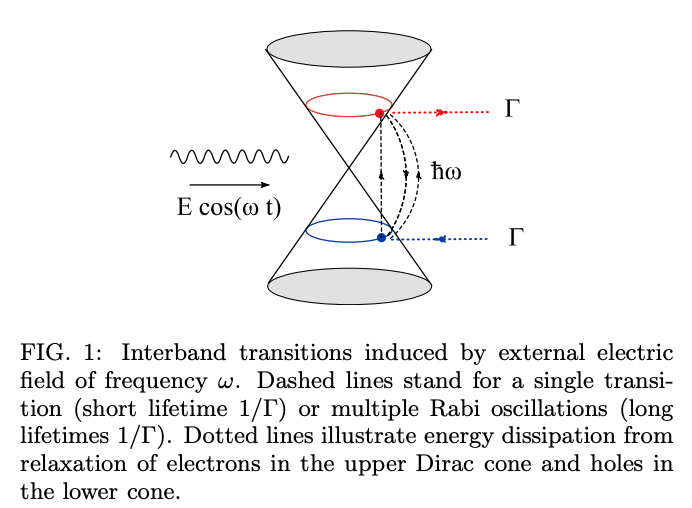What is "the conductivity we usually use”?
You apply an electric field $E$ to a solid and get a current $j = \sigma E$. The proportionality coefficient $\sigma$ is the conductivity.
If you apply a time-independent electric field, the conductivity $\sigma$ is just a number and is the static conductivity of the medium. If you apply a time-dependent electric field, e.g. $E \left( t \right) = E_{0} \cos \left( \omega t \right)$, the conductivity $\sigma \left( \omega \right)$ becomes a function of the frequency $\omega$ and is the dynamic conductivity of the medium.
The static conductivity $\sigma \left( \omega = 0 \right)$ is a special case of the dynamic conductivity. The static conductivity of a dielectric is zero. The dynamic conductivity of any medium, including dielectrics, is always finite.
The sentence "ac conductivity might be considered a form of impedance spectroscopy" in the previous answer is meaningless, since conductivity is a physical quantity which characterizes a medium, while any spectroscopy is an experimental method to measure some physical properties of a medium, e.g. the dynamic conductivity.

